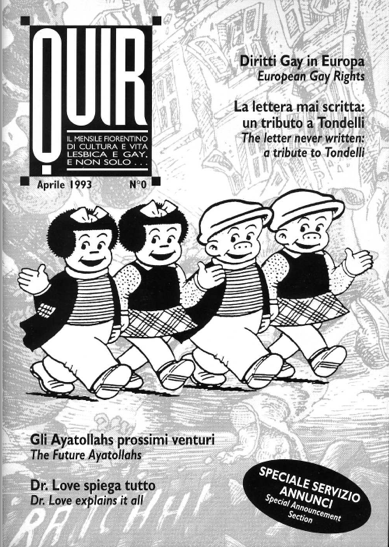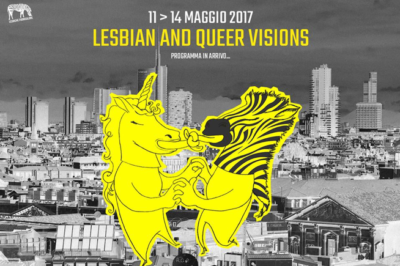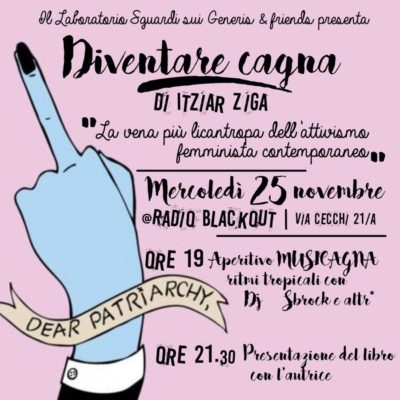5.Addressing Each Other’s Eyes Directly: From Adriana Cavarero’s “Relating Narratives” to Elena Ferrante’s Intersectional Ethics of Narrative Relations
by Loredana Di Martino
Narratives that provide honest portrayals of women’s relationships appear to be very popular at the moment. This may seem as nothing new since feminist authors have recast female friendship as a potential site of subversion at least since the seventies. However, as critics have highlighted, it is particularly since the eighties and nineties that representations of ambivalent female relations have become more prominent, mostly as a result of the influence of intersectional and decolonial theories such as those pioneered,






